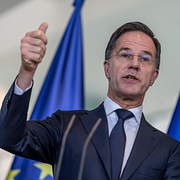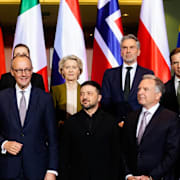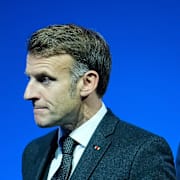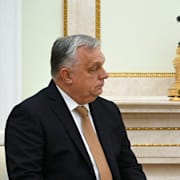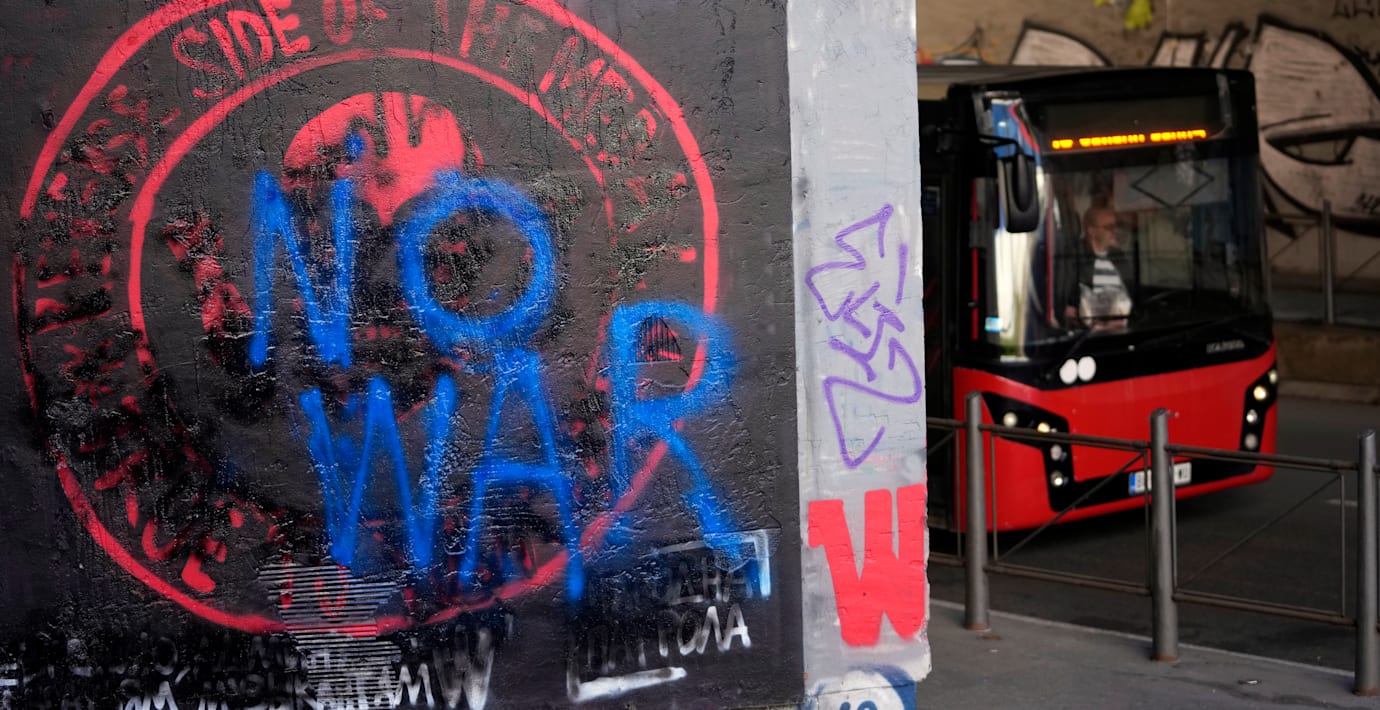
Serbiens president vänder sig till Wagner: ”Varför försöker ni locka serber?”
Serbien uppmanar Ryssland att sluta rekrytera serber till den paramilitära Wagnergruppen som strider på den ryska sidan i Ukraina, skriver Reuters. President Aleksandar Vucic säger i nationell tv att Ryssland försöker locka hans invånare genom annonser på serbiska i sociala medier.
– Varför försöker ni, från Wagner, locka någon från Serbien när ni vet att det bryter mot våra regler?
Ingen vet exakt hur många serber som har anslutit sig till kriget, men åtminstone ett dussintal har slagits på den ryska sidan sedan annekteringen av Krymhalvön 2014. Enligt den ukrainska armén får Ryssland majoriteten av sina legosoldater från Balkan, skriver Kyiv Independent.
Serbien är ett kandidatland till EU, men har också historiskt nära band till Ryssland. Landet är helt beroende av rysk gas och har vägrat att införa sanktioner under kriget.
